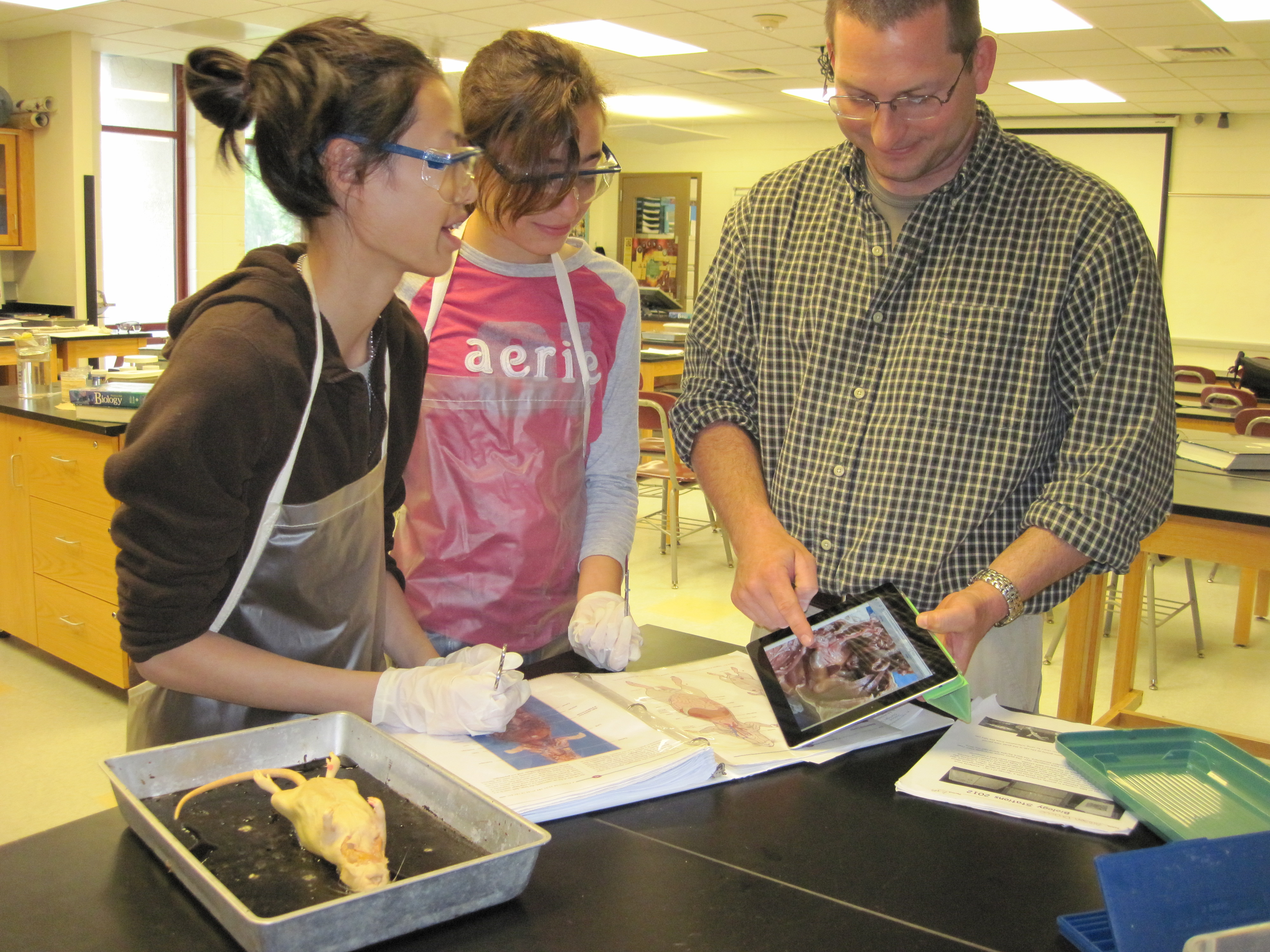Changing education from within the science classroom
Changing Education from within the Science Classroom
It is clear that the traditional educational model needs to change to meet the needs of today's learners. With the significant changes in the way we interact with information due to technology, the current model, which dates back to the industrial revolution, is outdated. Long classroom lectures and aging textbooks are no longer effective in engaging students in the learning process. The one-size-fits-all approach has proven to be a failure, and only a few schools have adopted new educational strategies. However, bureaucratic processes are hindering the pace of educational reform. This project aims to showcase the effectiveness of new classroom strategies and the use of technology in the science classroom to bring about meaningful educational reform.
In today's classrooms, students come with varying levels of learning abilities and attention spans. Additionally, with the internet and mobile devices, students have instant access to information, making the traditional teacher and textbook model outdated. Students no longer rely on teachers and textbooks to be their sole source of information. As a result, they disengage when asked to engage in long, monotonous reading tasks or sit through extended class lectures. The current generation of students learns best in interactive, flexible, and individualized educational environments that cater to their unique needs.The traditional textbook and lecture system in classrooms often creates unnecessary barriers for students. All students are expected to progress through the content at the same pace, regardless of their learning abilities. This approach often leads to fragmented classrooms, with some students struggling to keep up, while others become bored with the slow progression of the course. To provide an effective learning environment for each student, it is essential to establish clear learning objectives for each individual and support them in achieving their goals. This can be achieved through instructional methods that focus on individual students and not just whole-class activities. Flipped classrooms and blended learning models are leading the way towards this goal by allowing for more class time to be devoted to individual students. When paired with the right educational technologies, these approaches hold the key to the success of educational reform.

As a biology teacher, I am committed to meeting the unique needs of my students. To achieve this goal, I have implemented various strategies that promote individualized learning. Group projects, flexible activities such as Biology Stations, and recorded lectures have become a significant part of my science courses. These approaches allow students to learn at their own pace and engage in class activities that cater to their specific learning abilities. By incorporating these strategies, I have observed improved student engagement and increased academic performance in my classes.
Dr. Michael Kaufmann Ed.D
Instructor of Biological Sciences